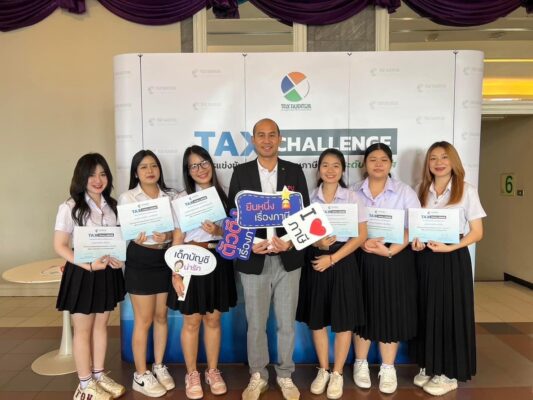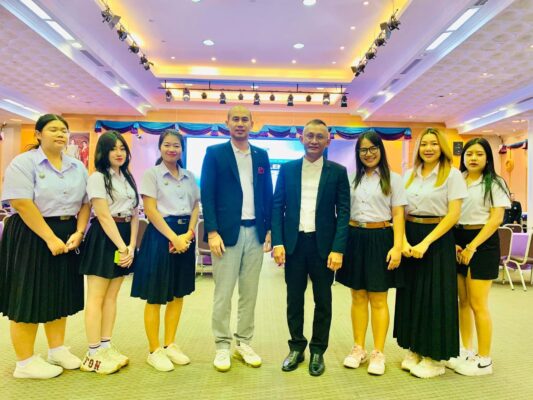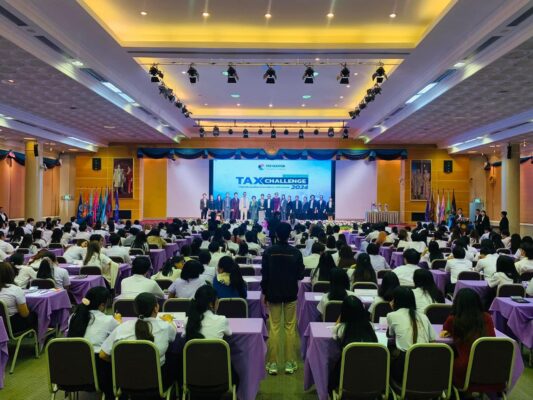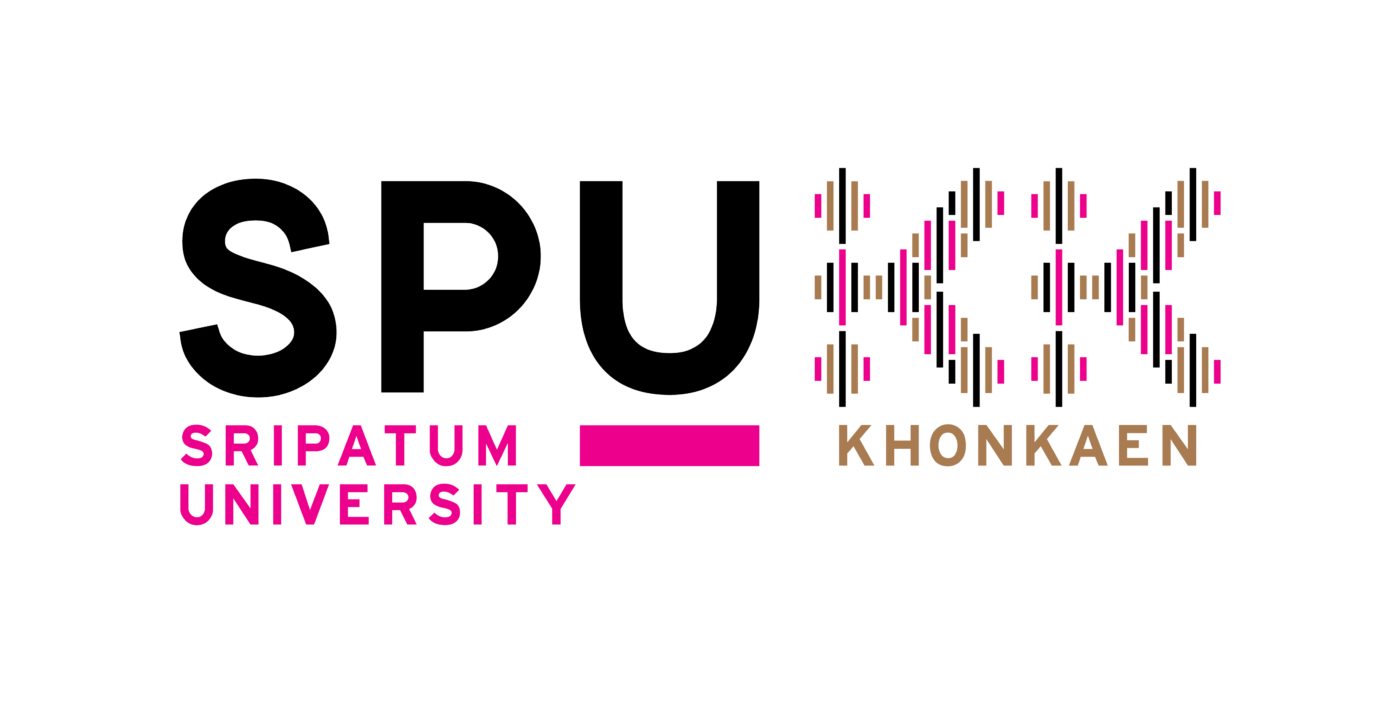


SDG 1 – No Poverty
The project ensures inclusive participation by supporting students from low-income backgrounds. Travel, accommodation, and allowance support create equal access, reinforcing the university’s commitment to equitable education and reducing economic disparity.
SDG 4 – Quality Education
By integrating the Tax Challenge into HUM410 coursework, students receive applied, hands-on training that enhances real-world knowledge. The structured coaching sessions provide short-term vocational education, aligned with high-impact learning outcomes.
SDG 5 – Gender Equality
The project promotes gender balance in student participation, addressing stereotypes in the accounting profession. Female and male students are equally represented, supporting broader efforts toward academic and professional equality.
SDG 8 – Decent Work and Economic Growth
Participants undergo rigorous preparation in taxation, sharpening skills essential for employment. The program bridges academic theory and market demands, contributing to a competent future workforce.
SDG 9 – Industry, Innovation, and Infrastructure
Though not research-based, the competition cultivates critical thinking and problem-solving, fostering innovation readiness among accountancy students through practice-based assessments.
SDG 10 – Reduced Inequalities
By offering opportunities to regional and first-generation students, the project reduces geographic and socioeconomic gaps. It ensures a level playing field where diverse students can compete nationally.
SDG 11 – Sustainable Cities and Communities
Hosting the competition in Bangkok with national professional bodies fosters cross-regional academic engagement. It enhances knowledge exchange between provincial and urban institutions.
SDG 16 – Peace, Justice, and Strong Institutions
Collaboration with the Revenue Department helps develop transparent practices and legal understanding among students. It introduces future professionals to the ethics of public finance.
SDG 17 – Partnerships for the Goals
Through strategic cooperation with the Tax Auditors Association and public institutions, the project strengthens cross-sector partnerships. These align directly with SDG collaboration models, showcasing practical academic-government synergy.
